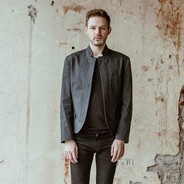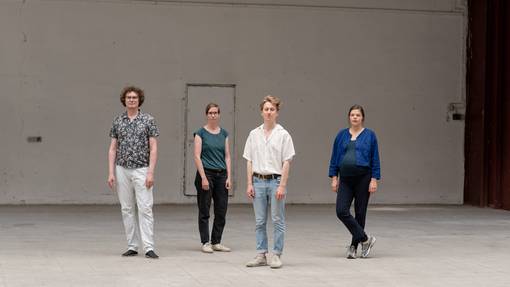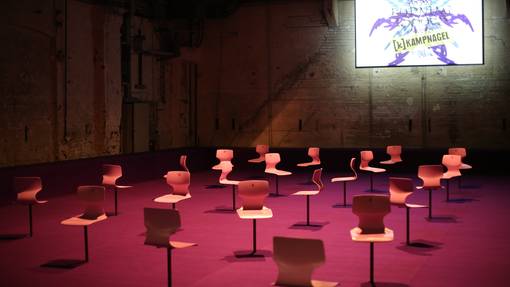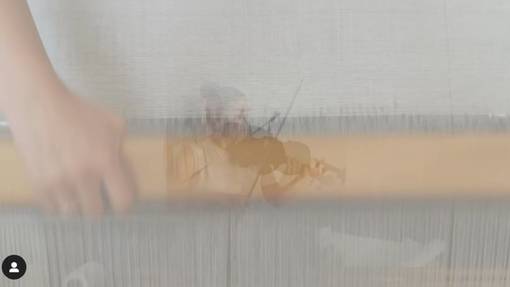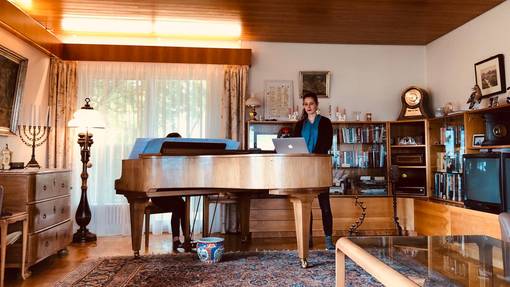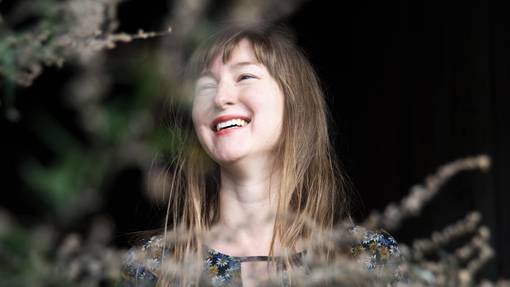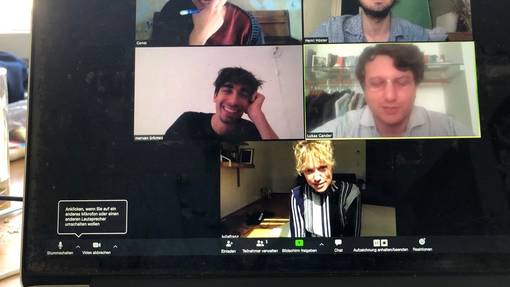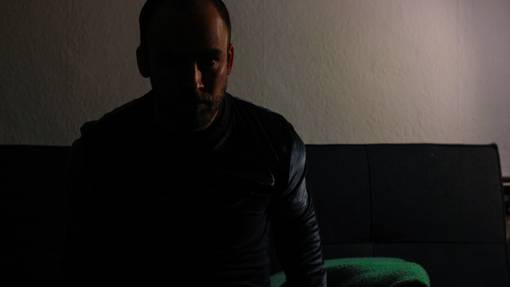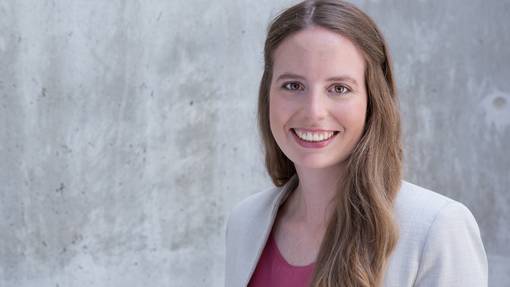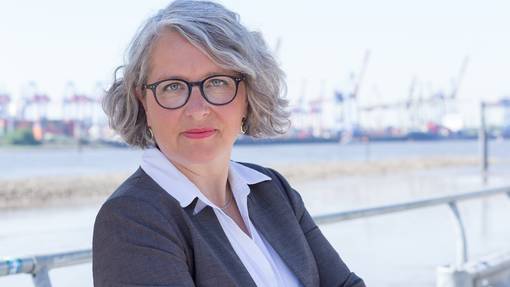#Coronazeit #Kultur #waszählt!
Corona - Ausgangspunkt für eine neue Opern-Ära?
Trevor Pichanick, stART.up-Alumnus, Assistent der Opernintendanz am Nationaltheater Mannheim
COVID-19 is bringing the opera world into a new era – whether we are ready for it or not. The restrictions imposed by the pandemic are forcing opera managers to strip the art form back to its fundamental elements and reconstruct it in new and innovative formats. Research has shown that innovation does not require genius but rather, is fed by large and diverse networks.
In the aftermath of COVID-19, arts funding is sure to come under even greater scrutiny from both public and private sources. The already significant pressure on opera companies to prove their economic viability will only increase along with demands from tax-paying citizens on arts organisations to prove their relevance.
I for one am excited about these challenges. As Igor Stravinsky, composer of the revolutionary Rite of Spring, once said “The more constraints one imposes, the more one frees one's self of the chains that shackle the spirit”. The constraints imposed by the COVID-19 pandemic are a chance for opera managers to think outside of the box. No, to break out of the box entirely. To draw on the richness of creativity that makes out industry so unique and turn it into a powerful force of innovation and resilience.
We don’t need genius, we just need to come together.
_______________________________
It’s not just opera houses – cultural and performing arts institutions across the board are having to come up with new ‘Corona-friendly’ formats to stay in touch with their audiences and sustain their artists with a livelihood. When the lockdowns came into force, a host of digital options exploded onto the internet, especially social media channels, proving the creative potential and, as time went on, limitations of the online world. If wasn’t clear it before, we can be sure of it now: there is no substitute for live theatre.
Theatres are now more desperate than ever to reopen their doors and find ways to get around the limitations imposed by the Corona pandemic and ‘get back to work’. Be it building sets, rehearsing an orchestra or hosting a live audience, the ‘work’ of live theatre is not the same as it was two months ago.
To say that it is ‘limited’ by the (entirely legitimate) health and safety regulations imposed as a result of COVID-19 is an understatement. The work of opera is unrecognisable. What is opera, when singers cannot come within 2 meters of each other? What is Puccini, when you can only fit 10 musicians in the orchestra pit? What is live theatre when your audience members must sit at least three seats apart? Clearly, opera is going to have to function very differently until further notice.
The strict health and safety guidelines that theatres are required to implement in order to return to any kind of rehearsal or performance activity effectively put opera in a box. The questions for opera managers is: how do we work with this ‘Corona box’?
The theatre I work in employs around 35 full-time soloists, 55 choristers and over 100 orchestra players – not to mention guest (international) artists and creative teams that are contracted 2 to 3 years in advance. On the artistic side alone, up to three hundred people were depending on our 2019/20 and 2020/21 season going ahead as planned. We invested immeasurable energy and heart in creating and planning these seasons, and the same can be said of theatres all over the world.
Can we somehow scale down our artistic vision to fit the Corona box? How much of the grand plan can we save? How many contracts can we honour? Which productions do we absolutely have to prioritise?
Or does this truly exceptional time, this “crisis” that has thrown us all into a sort of purgatory, demand an entirely new approach?
As Stravinsky said, limitations free the creative imagination. Instead of taking a machete to what our 2020/21 season should have been and forcing our pre-COVID-19 vision, dismembered and bleeding, into a Corona prison, should we not take pause, let go and revaluate?
The Corona Box need not be a prison, but a seedling box from which a new, tailor-made format can emerge – one that, albeit fragile, is nubile and full of new life. Glass houses are not meant to house native plants that ordinarily thrive in the outside world. They nurture and showcase species of rare and often transient beauty.
Theatres have a responsibility not just to their family of artists and employees but also to the audiences and tax-paying communities that support them. Our mandate is not just to perform and produce art, but to entertain and uplift, to reflect the current times and be relevant.
_______________________________________
Glasshouses, rare species, tailor-made solutions. We don’t need genius, we just need to come together.
Theatres are strange and magical places, filled with some of the most weird and wonderful creatures. From the raw creative talent of the artists themselves to the technical artisans who turn even the most bizarre ideas into reality; to the management staff, who often have the most colourful CVs of all. Theatre workers across the board are not in it for the money – let’s get that straight. We do it because we love it and our passion is an inexhaustible source of creativity, energy and resilience.
In Germany, we theatre workers are afforded, especially in comparison to other repertory houses, remarkable job security. While we don’t necessarily need to fear for our jobs as a result of the COVID-19 pandemic, we are tasked once again with heightened responsibility. Artists in particular must practice their craft, not just to maintain their skills at a professional level, but to preserve their sense of identity and well-being at a time when their raison d’être seems to fall right at the bottom of the political agenda.
Further, theatre managers have a fiscal responsibility to look inwards and capitalise on the resources already on their payrolls as public and private funding for the arts come under yet more scrutiny in times of crisis.
But there’s another side to the coin. As an artist, who, thanks to the Claussen-Simon-Stiftung, came up in the independent scene and now works in a large theatre, I am acutely aware of the responsibility theatres and established arts institutions carry towards the broader artistic community. Our identity and longevity rely on the contributions of freelance artists. Not honouring contracts is short-sighted and akin to turning our back on family.
The independent scene has a wealth of imagination, ingenuity and experience to offer. After all, they’re in the business of working within limitations. They are the curators and propagators of those rare and unique specimens. So in coming together, we must also cast our web outwards and spin opportunities for exchange and collaboration within the cultural community at large. The broader and more varied the network, the better.
_______________________________________
The COVID-19 pandemic has shown us on a very human level that we cannot take anything for granted. This is not an unfamiliar voice in the opera world, where for decades now, there have been calls for “urgent” change. The assumption that what we deem ‘essential’ will also be seen as ‘systemrelevant’ by the next generation has long been discredited. We have been warned not to indulge the delusion that in a rapidly transforming society, opera will continue to take the pride of place it enjoys now.
The Corona virus has forced – no, allowed – us to strip back our artform and break it down to its bare and basic components. To (re)evaluate each individual element and put them back together in new ways. To create a rare and hybrid species.
If we can manage this, we will not only be fulfilling our mandate, as public theatres at least, to provide our communities with living, breathing artistic formats that are responsive and relevant, but we may be lucky enough to emerge with a species of opera that will survive and thrive into the next generation.
Artikel kommentieren
Kommentare sind nach einer redaktionellen Prüfung öffentlich sichtbar.

